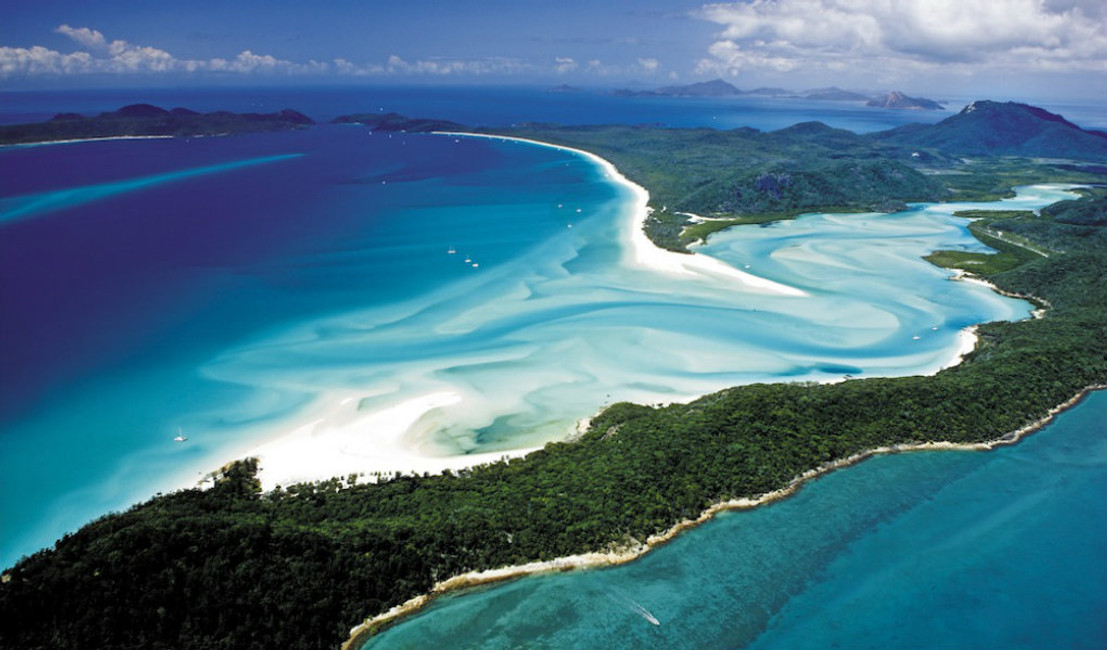
Marine Reserves
Since its inception in 1945, the United Nations (UN) has been concerned about the well being of the oceans and through the ensuing years has worked to protect the oceans in a manner that is agreeable to all participating nations (talk about herding cats). The reason for this is the UN recognized early on that "the oceans are the very foundation of human life" and therefore efforts to find common ground on how to best protect them only benefits humankind. This culminated the the United Nations Convention on the Law of the Sea (UNCLOS) which was negotiated from 1973 to 1982 and came into force in 1994 and has "been hailed as the most important international achievement since the approval of the United Nations Charter in 1945".
Fast forward to 2004 when the UN initiated efforts to protect marine diversity in areas beyond national jurisdiction which appear to be gathering momentum. While still ~3% of the ocean worldwide is protected, and < 1% beyond national jurisdictions, ambitious goals targeting up to 30% are being considered by establishing additional marine reserves as a means to ensure the protection of this life sustaining resource. Marine reserves are widely considered the most effective means for improving ocean health.
Whether this comes to pass or not remains to be seen, but felt it worthwhile to provide some visibility into what's currently happening. Will update on this as meaningful information emerges.
